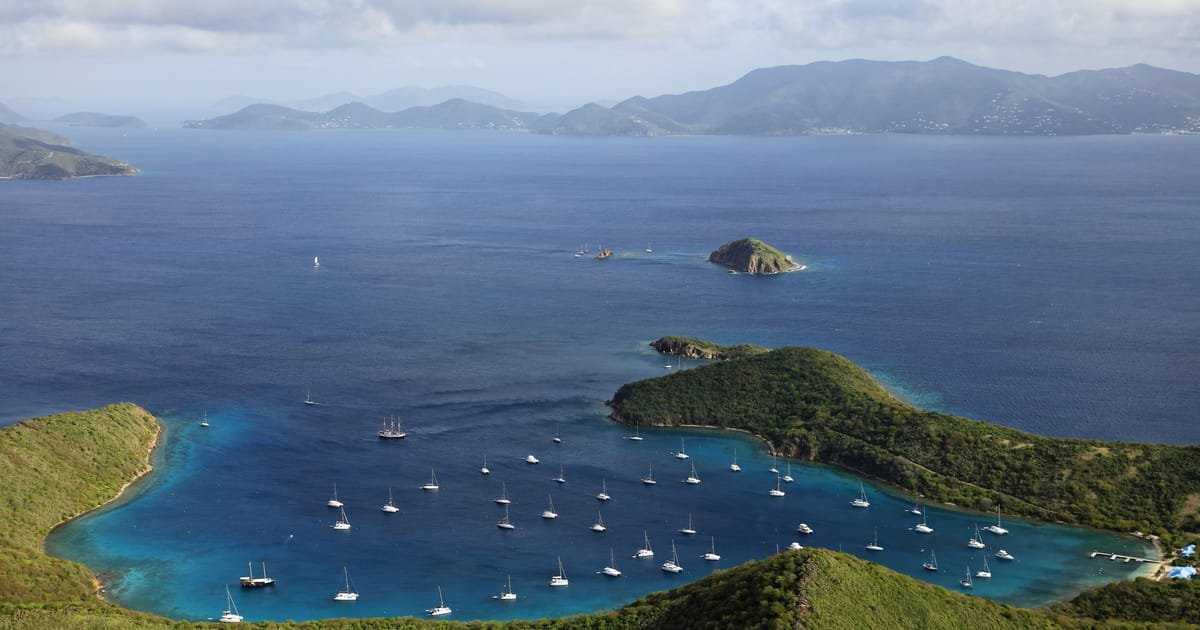The U.K.’s Foreign Office held an Illicit Finance Dialogue with the Overseas Territories last week, where RBOs — a database which shows who truly owns an asset — were discussed.
The BVI recently missed a key deadline to implement RBOs by July 2025. It has also recently been placed on the “grey list” for the world’s money laundering watchdog, the Financial Action Task Force, which means a state has “deficiencies” in stopping money laundering and terrorist financing.
The territory has put forward its own proposals for a register of “legitimate interest,” one which is not available to the public. Other proposals include notifying a beneficial owner if a journalist or civil society member is trying to access their information.
They were deemed “woefully inadequate” by Transparency International.
Hodge was one of the driving forces behind legislation in 2018 which mandated RBOs for Overseas Territories. Despite this, many have not implemented them, using rulings by the European Court of Justice as justification, which said that registers can contravene a right to privacy.
Britain is able to force legislation upon Overseas Territories through a legal method called “orders in council,” but it has refrained from doing so except for particularly serious issues, including gay marriage and the death penalty.
The BVI appears to have been singled out by the government, as other Overseas Territories, such as the Cayman Islands, were commended by Doughty for their efforts to implement international standards in illicit finance.




